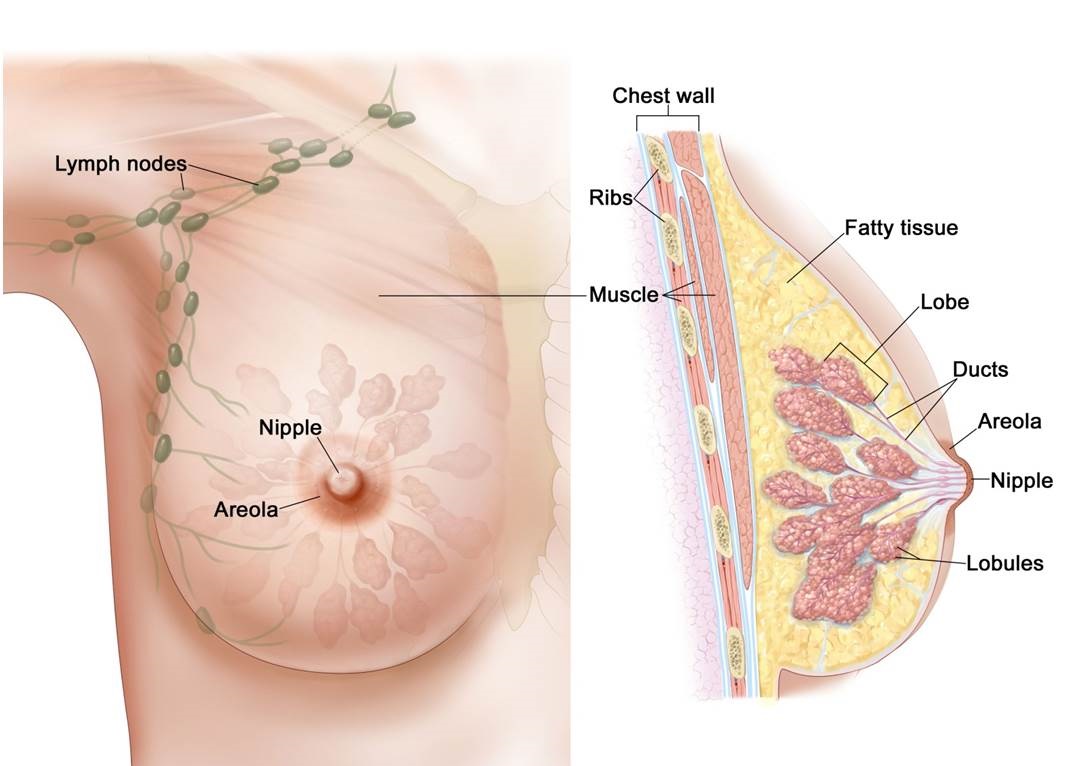
Cancer Diagnosis of breast cancer
Actress Rita Wilson, who recently announced her breast cancer diagnosis and subsequent doublemastectomy, did the right thing when she sought out a second opinion. And doing so might have saved her life.
But too several folks ar hesitant to question a medical diagnosis: a 2005 Gallup Poll that surveyed five,000 Americans found that regarding 0.5 rumored “never” seeking a second opinion and a paltry three p.c forever sought-after out a second opinion on a designation, treatment, drug or operation.
Pretty frightening statistics, don’t you think?
Years ago, once my very own carcinoma designation was still recent, a woman I didn’t know very intimately opened up to me during a play date for our sons. “I have a lump in my breast,” she said, offhandedly.
“Did you have a mammogram?” I asked.
“Yes, and it was negative. So my doctor told me not to worry.”
I must admit that I got a little—no, a lot—pushy (in retrospect, it was a good thing, but the fiery passion I felt was out of character for me). “Are you kidding? Don’t take your doctor’s word for it! Go get a second opinion!”
She did. And it was cancer. Today, many years later, she’s cancer-free. When we sometimes run into each other, we hug warmly, and she thanks me for that day.
According to studies, 30 percent of patients who sought second opinions for elective surgery and 18 percent of patients who whose insurance company required them to seek a second opinion found that the 2 opinions weren’t in agreement.
Here’s another example of why second opinions ar thus important: a 2006 study found that once carcinoma patients came to a specialty center for a second opinion, recommendations for surgery modified for quite 0.5, a results of totally different interpretations and readings of mammograms and diagnostic test results.
Why would anyone shy away from second opinions?
- They may feel that time is of the essence.A cancer diagnosing is scary; and waiting on that is scarier still. Many people feel that they need to act right away and acquire treatment right away; taking time to envision out choices, anticipating another medical appointment and sitting with the worry might just prove too difficult. While in some cases, it’s imperative to require immediate action, the general public can—and should—take a while to be told regarding the malady and weigh their choices. Only then can they make an informed and educated decision.
- They may fear that they’ll insult their physician.How can I doubt what she’s telling me? What will he think of me if I go to another doctor? But the reality is that the majority doctors can welcome second opinions from another skilled. They (should) perceive your want to be sophisticated ANd an advocate for your own health. Many times they’ll suggest a specialist for you to examine.
- They may feel like medicine is an exact science.Medicine has created tremendous advances, however over and over, it’s interpretative and not definitive. Not each doctor comes up with a similar diagnosing. Not everyone agrees on treatment choices. And not every radiologist interprets imaging tests the same way. Keep in mind that there square measure such a large amount of factors that may influence opinions and diagnoses, such as technology, where the physician was trained, the level of experience in dealing with your explicit diagnosing and his or her philosophy concerning treating one thing sharply or taking a additional wait-and-see approach.
- They may fear they will be even more confused.What if the two opinions don’t match up? Then what? Sometimes that indicates you wish to hunt a 3rd opinion, so associate with the one that gets the foremost votes.
- They may not want to incur the added expense. Most insurance plans will pay for at least part of the cost (and Medicare will pay 80 percent of the cost), assuming the testing is medically necessary, according to The Patient Advocate Foundation, which recommends vocation your insurance supplier earlier to avoid any issues or questions about charge. Arrive at your appointment prepared with all your previous medical records (you do have the right to all copies!), contact information about the first physician and, as always, your insurance card, list of prescribed medications and allergies, and any diagnostic assay results.



